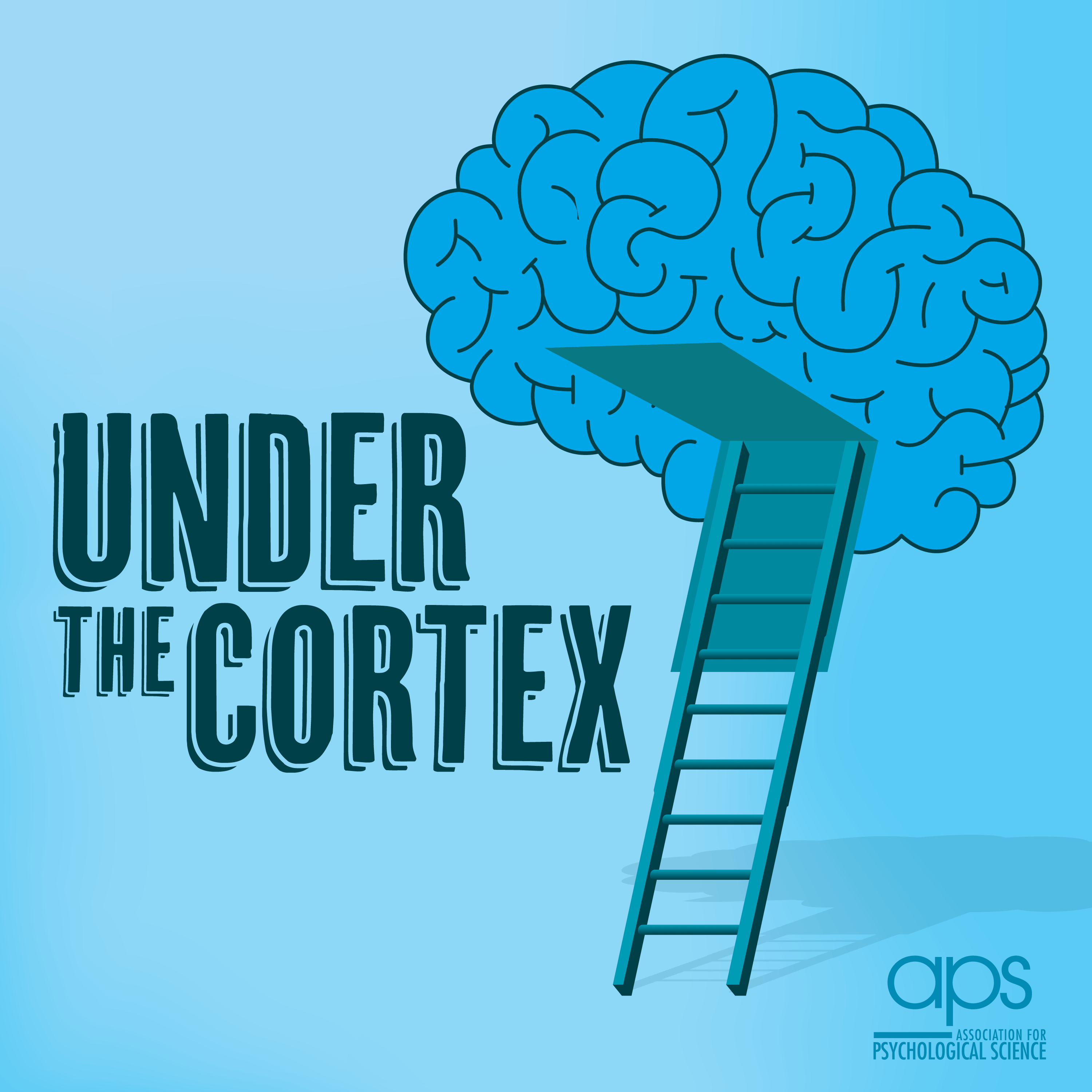Psychology’s Role in the Criminalization of Blackness
Description
The mass incarceration of Black people in the United States is gaining attention as a public health crisis with extreme mental-health implications. Despite Black Americans making up just 13% of the general U.S. population, Black people constitute about 38% of people in prison or jail. What does this have to do with psychological science? Well, historical efforts to oppress and control Black people in the United States helped shape definitions of crime but also mental illness. And, through its research and clinical practices, the field of psychological science might even have contributed to the perpetuation of anti-Blackness.
To speak about psychology’s contributions to anti-Blackness, this conversation features Evan Auguste, a researcher and professor at the University of Massachusetts, Boston, and Steven Kasparek, a graduate student at Harvard University, talking with APS’s Ludmila Nunes. Auguste and Kasparek co-authored a recent article published in Perspectives on Psychological Science that explored how psychology has contributed to anti-Blackness within psychological research, criminal justice, and mental health, and what scientists and practitioners can do to interrupt the criminalization of Blackness and redefine psychology’s relationship with justice.
More Episodes
How does the brain’s memory function change as we grow older? What recent discoveries are helping us understand these changes better?
In this episode of Under the Cortex, Özge Gürcanlı Fischer Baum welcomes Karen Campbell of Brock University to discuss how aging impacts memory. Campbell shares...
Published 11/14/24
Can environmentally friendly actions boost personal well-being? Tune in to discover how a sustainable lifestyle offers profound benefits.
In this episode, APS's Özge Gürcanlı Fischer Baum speaks with Michael Prinzing from Baylor University. Prinzing shares findings from a recent research article...
Published 10/31/24
Published 10/31/24


